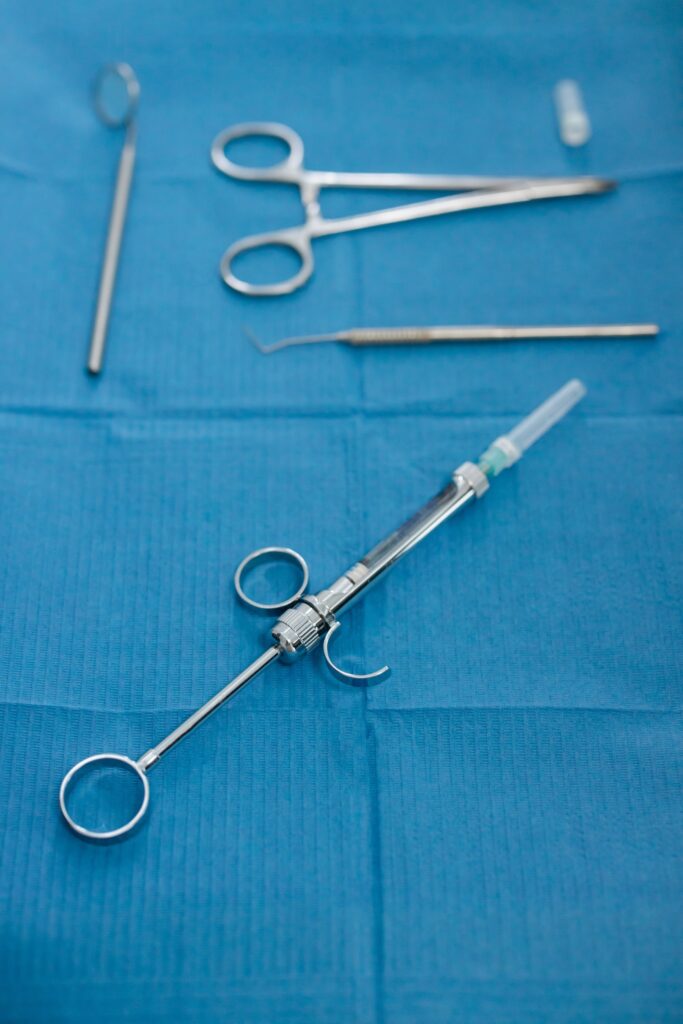
If you’re scheduled for surgery, your doctor will likely tell you that you need to fast beforehand. But what does that mean? And what else do you need to do to prepare for anesthesia? Dr Brian Blick, Chief of Anesthesia at Brigham and Great Plains Regional Medical Center in Oklahoma, explains everything you need to know about fasting and preparing for anesthesia – including tips on reducing the risk of complications.
What is anesthesia, and how does it work
Anesthesia is a combination of medications given to a patient before a surgical procedure to make them unconscious and pain-free. The anesthesia can be administered through an IV, a gas mask, or a mouthpiece.
What are the risks associated with anesthesia?
The risks associated with anesthesia can vary depending on a patient’s health history and the type of surgery being performed. However, some of the most common risks include:
- Complications from the anesthesia itself, such as nausea, vomiting, or an allergic reaction
- Breathing problems, such as pneumonia or a collapsed lung
- Blood clots can cause problems such as heart attack or stroke
- Injury to nerves or muscles
- Infection
How do you fast for surgery?
Fasting for surgery means no solid food or liquids – not even water – for a certain period of time before the procedure. The reason for this is to reduce the risk of complications from anesthesia. When you fast, your stomach empties, and there’s less chance you’ll vomit during or after the surgery. This is important because vomiting can lead to inhaling (aspirating) stomach contents, which can be very dangerous.
So how long should you fast? It depends on the type of surgery you have and when your surgery is scheduled. For most procedures, you’ll need to stop eating and drinking at midnight the night before surgery. However, there are some exceptions. For example, if you’re having a morning procedure, you may be able to have a light breakfast. Your doctor or the anesthesia provider will give you specific instructions on when and what you can eat and drink before your surgery.
What else do I need to do to prepare for surgery?
In addition to fasting, there are a few other things you’ll need to do to prepare for surgery:
- Get a good night’s sleep
- Avoid drinking alcohol for 24 hours before the procedure
- Stop smoking at least two weeks prior to surgery (if possible)
- Arrange for someone to drive you home after the surgery
- Follow any other instructions your doctor or the anesthesia provider gives you
Conclusion:
Preparing for anesthesia can seem daunting, but it’s important to follow your doctor’s instructions and do everything you can to reduce the risks. By fasting, getting a good night’s sleep, and avoiding alcohol and smoking before surgery, you’ll be giving yourself the best chance for a successful procedure. If you have any questions or concerns, don’t hesitate to ask your doctor or the anesthesia provider. They’re there to help you – and ensure that you have a safe, comfortable experience.
We hope this blog has helped you prepare for anesthesia!